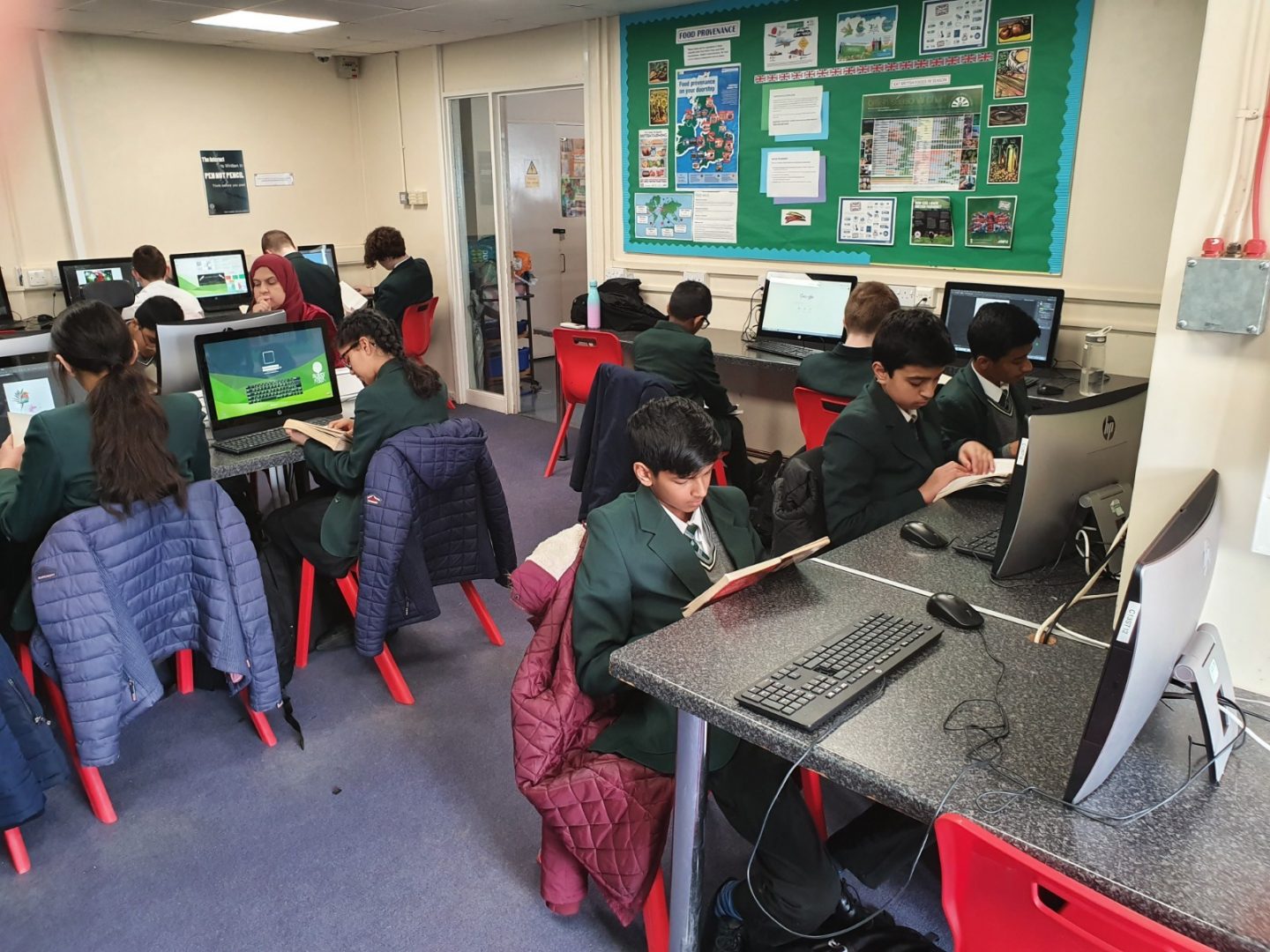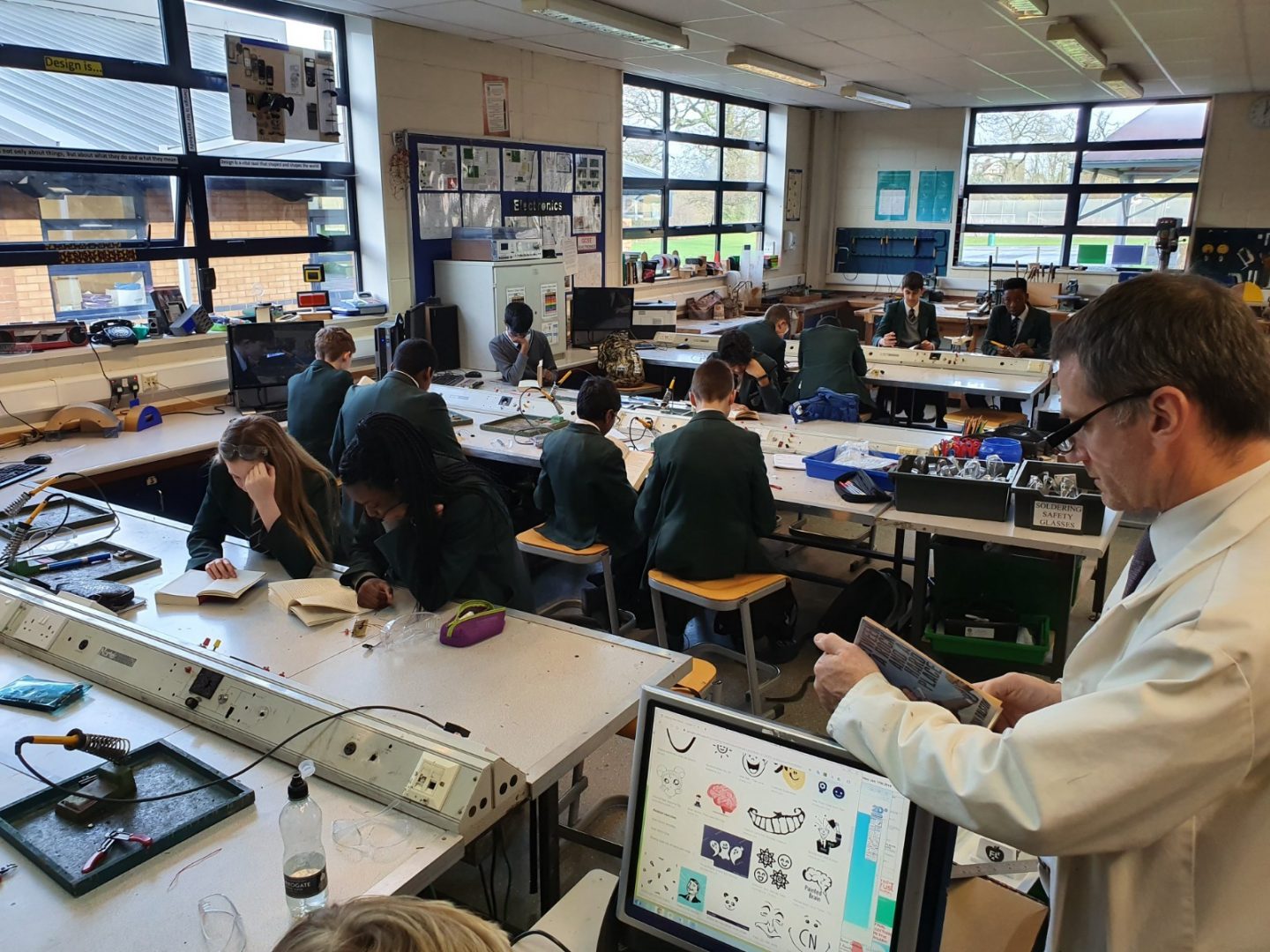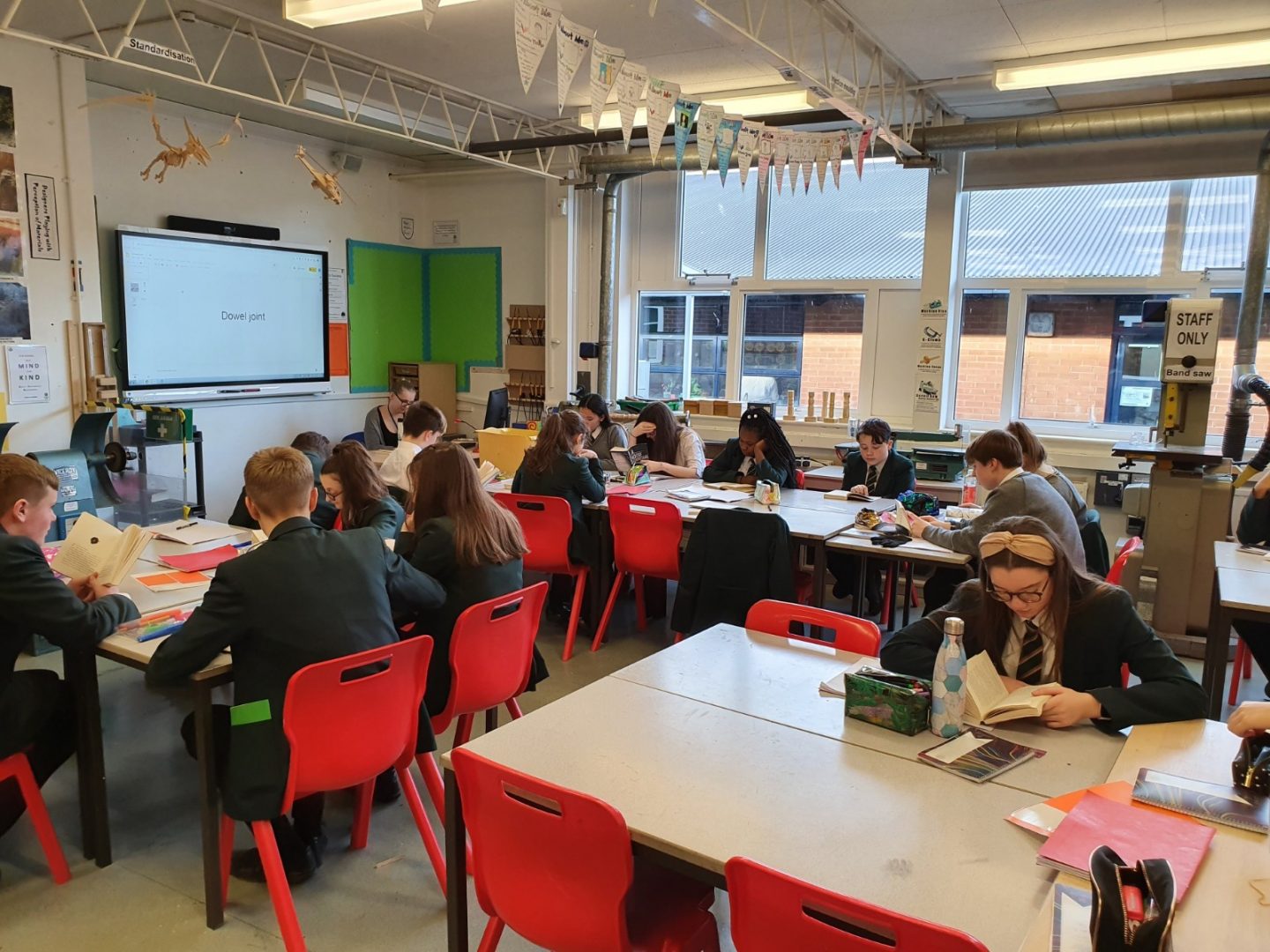BMS recognises the potential of all students to be proficient in literacy. A belief that is reflected across our curriculum, and through our value of belonging. To be literate is to have the necessary speaking, listening and reading skills to function not only in school but also, at work and in society. At the heart of developing literacy skills is the opportunity to practise them. Thereby, having a positive impact on students’ self-esteem, motivation, behavior, and attainment. This is because being literate allows students to independently learn and is empowering as it facilitates our students in being able to express themselves clearly in turn, enhancing and enriching teaching and learning in all subjects.


We are at present focused on reading specifically for pleasure. The reason being that educational research highlights that reading has a direct positive impact on students’ cognitive and social-communicative development. Indeed, BMS aims to develop each students potential to the point where they are reading at, or above their chronological age. In the past year, our LRC books loans have more than doubled and over 700 students accessed the Reading Cloud in the first three months following its launch. Dispelling stereotypes around reading for pleasure and reinforcing the value BMS gives to reading for enjoyment, the majority of these loans have been by our male students.
Bushey Meads explicitly teaches literacy skills across the school as a community. This ranges from students having weekly CDC sessions on reading and a whole school Word of the Week (WOW) activity alongside national Drop Everything and Read Events (DEAR) to every department having a focus on teaching literacy skills appropriate for their subjects. Within subjects, the staff give feedback and guidance to enable students to develop their essential reading, writing, speaking and listening skills. At BMS, we believe it is important to help identify students experiencing challenges to literacy so that they can leave us with a range of good communication skills that will help them in the world of work. As such, there is provision for more specific literacy support including through groups who receive intensive literacy intervention as well as, additional literacy classes for students in years 7, 8 and 9.
